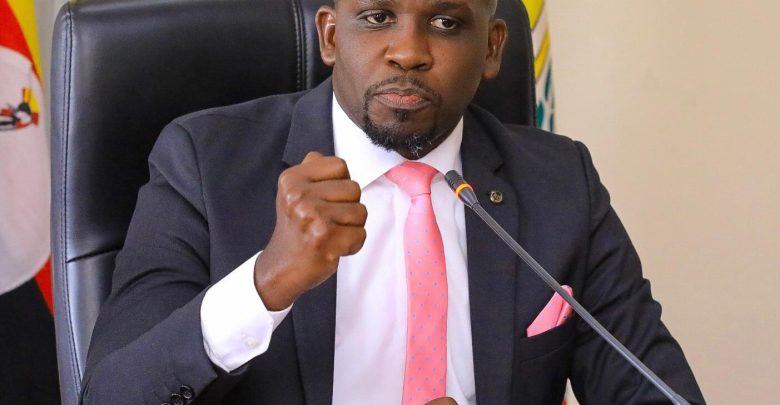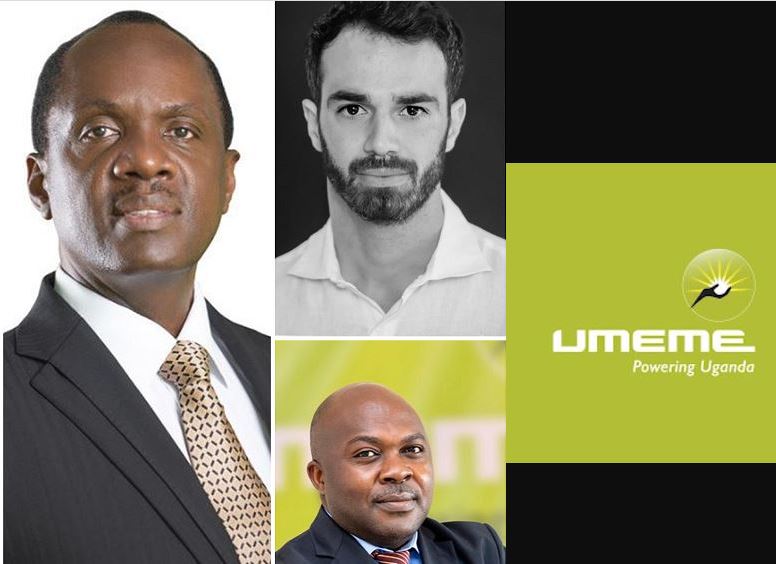
Four months since the country went into a lockdown as a result of the Covid-19 pandemic, several organisations are experiencing tough times, especially the human resource.
In some cases, there is friction between employers and employees due to salary cuts and downsizing. In other cases, landlords cannot get rental arrears from tenants who are not making any sales. DERRICK KIYONGA talked to economic experts about ways to overcome the tough situation.
As the negative impact of Covid-19 continues to bite, an air of anxiety is setting in. For instance, several employees such as teachers, especially in private institutions, have been forced to look elsewhere for survival while those on government payroll remain uncertain what the future holds in terms of their salaries should the closure of schools extend to next year.
Related Stories
2020-07-12 – COVID-19 cases spike delays plans to reopen schools in Malawi
2020-07-10 – World Bank supports Uganda with $300 million
2020-07-12 – Uganda’s COVID cases rise to 1,025 as ‘Mama corona’ flouts own guidelines
2020-07-10 – Bolivia president self-quarantines after testing positive for COVID-19
2020-07-10 – Uganda registers 6 more COVID-19 cases, 30 recoveries
2020-07-09 – Uganda COVID-19 cases hit 1,000
Amidst this entire predicament, Charles Ocici, the executive director of Enterprise Uganda, believes there is need to understand the situation and also keep a positive mindset.
“They [employees] must inevitably share into the negative effects of this pandemic. Employees just need to step in the shoes of their employers and appreciate that the playing field is no longer a normal one; therefore, any enterprise that works towards surviving during this season has to deal with maximizing returns and reducing the cost of doing business, those costs include payment of salaries,” he says. “So, cutting salaries and reducing the number of workers is normal and relevant under the prevailing circumstances.”
Meanwhile, Charles Bbosa, an economist with the ministry of Trade, says that whatever circumstances that are being experienced by employees right now should not just be looked at in isolation. “If the entity you are working for has taken a salary reduction decision, you may feel uncomfortable but stay calm, hopeful and watch, things will get better. All we have to recognize and focus on is the bigger picture of what is happening; it is not a Ugandan story but a global picture in isolation,” he says.
“British Airlines across the globe is releasing 23,000 well-trained employees; it is not out of joy, it is because the circumstances have just been tough, so, when you have a boss who is no longer paying you either full client or on time, you just need to keep calm given the current state of business.
This season should not be used as a yardstick to pass judgement against employers, employers can only be judged basing on how they used to reward employees before the pandemic. If your boss rewarded you better before February 2020 and things have changed, have trust, believe and work hard towards driving the enterprise to the former status.”
Meanwhile, Ocici argues that employers need to always hold cordial conversations with their employees and honestly disclose the status of the enterprise as opposed to just taking radical downward salary adjustment decisions without engaging the concerned human resource. “A conducive workplace should always be an atmosphere that allows parties to be heard and listened to,” he says.
“In the same respect, bosses who are currently reducing salaries must be honest about the future, such that when the situation gets back to normal, the workforce rewards must equally be raised again, without being tempted into making excuses that moreover with reduced salaries, they have been delivering maximally anyway-that shouldn’t be a justification.”
On the other hand, whereas the education sector has been heavily affected, the relationship between landlords and tenants has become tense in many aspects. The problems between tenants and landlords are also related to the human resource. Both parties are faced with a situation in which they are losing along different fronts.
Ocici says that in this situation, it is not fair for one party to manoeuvre into emerging a winner at the cost of the other.
“Tenants and landlords are like partners who have been conveniently exchanging solutions for money; the conflict is because of failure to appreciate the bigger picture. A landlord who is adamant about collecting their rental money as it used to be and not bothered whether tenants earned or not, such landlords are extremely short-sighted,” he says.
“As a person (landlord) who understands and has been in business before, you need to reflect and look at your tenants’ track record before February 2020, if those tenants were good and these circumstances have come and hit them, please understand and restructure to very flexible terms of paying arrears, if they can’t be waived completely.”
Meanwhile, the situation has not spared entrepreneurs and in the face of what is going on during this Covid-19 season, the future looks a bit complex. Bbosa says there is need to take note of the inevitable dynamics of customers.
“Customers, for one reason or the other, are now going to have different attitudes about choices and preferences,” he says. “An entrepreneur needs to have a conversation with customers, begin to appreciate their circumstances and once you have understood them, look back inside yourself, and reconfigure yourself depending on the changed needs of the customers.”
All this means that everyone has to be at their best in creativity to survive the harsh economic environment. With the forecast fully reopening the economy remaining unpredictable, it remains to be seen how the human resource will cope with the situation.



